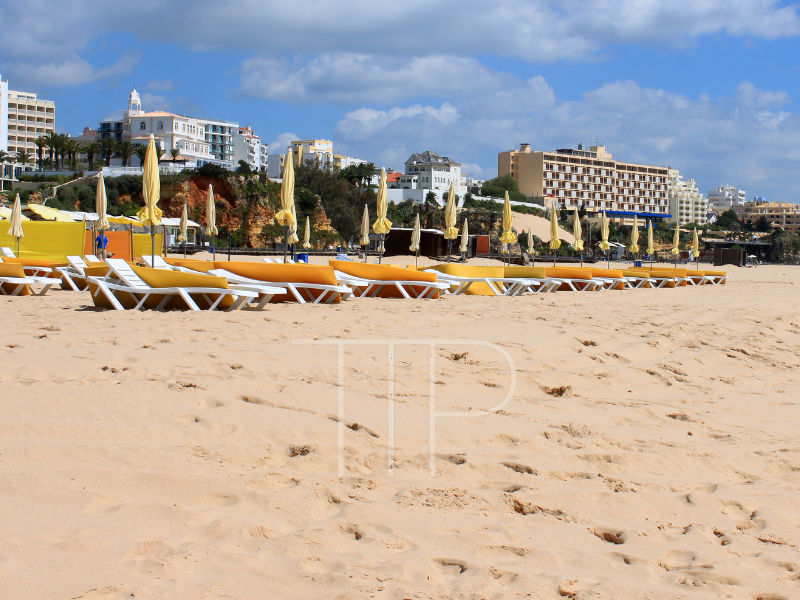Portimão has joined the group of Algarve municipalities that receive a fee for tourists staying overnight in the municipality, along with Vila Real de Santo António, Faro and Olhão.
The council of Portimão, in the district of Faro, has started charging a tourist tax for overnight stays in the municipality, after the notice approving the regulation was published in the Diário da República on Wednesday.
With the entry into force of the tourist tax last Thursday, Portimão joined the group of municipalities in the Algarve that receive a fee for overnight stays by tourists in the municipality, along with Vila Real de Santo António, Faro and Olhão.
In May, Albufeira should also join this group of municipalities, after the council completes the process of approving the municipal regulation for the application of the tourist tax in the municipality, whose proposal was in public consultation until February.
The municipality will still have to incorporate contributions gathered during the process into a final proposal for the regulation, which will be put to the vote in the municipal bodies, before the notice of its final approval is published in the Diário da República.
“The expectation is to start collecting the tourist tax in May,” Albufeira mayor José Carlos Rolo told Lusa, acknowledging that in April it will no longer be possible to complete the necessary steps for the municipality to receive two euros per overnight stay in the municipality from tourists aged 13 and over.
The notice of approval for the Portimão tourist tax regulation stipulates a unit value of two euros per overnight stay in the high season, from April 1st to October 31st, and one euro per overnight stay in the low season, from November 1st to March 31st.
The proposal for a regulation submitted for public discussion by Albufeira council also stipulates that the tourist tax will be two euros, but will only be charged between April and October, the Algarve’s high tourist season.
The amount raised by the municipalities is intended to support expenses and investments related to tourist activity, such as environmental sustainability, promotion, preservation of historical heritage, cultural entertainment, beach cleaning or maintenance of public facilities.
The tourist tax applies to people staying overnight in tourist resorts, local accommodation establishments, campsites and caravan parks.
Tourist resorts will have to collect the tax and hand it over to the municipality, under penalty of fines ranging from 500 to 10,000 euros for natural persons and from 1,000 to 20,000 euros for legal persons, according to municipal regulations.
The amounts rise to between 1,000 and 20,000 euros for natural persons and between 2,000 and 40,000 euros for legal persons, if there is a failure to collect the tax for the municipality, they point out.
Before it came into force in Portimão, the tourist tax was already levied in other Algarve municipalities, such as Olhão, Faro and Vila Real de Santo António.
In 2019, the Intermunicipal Community of the Algarve (AMAL) approved the introduction of a tourist tax in the 16 municipalities that make up the Faro district and, in 2023, it decided in favor of charging a “common value” in all municipalities in the region, setting it at two euros per overnight stay.
Vila Real de Santo António was the first municipality in the Algarve to charge a tourist tax, in a process that began in 2016 and led to a charge of one euro per overnight stay.
Faro started charging 1.5 euros per overnight stay in February 2020, before the start of the covid-19 pandemic, which led some municipalities to suspend its introduction, such as Portimão or Olhão.
Olhão would eventually start applying the measure and charging two euros per overnight stay in May 2023, while Portimão began to benefit from the amount raised from tourists’ overnight stays this Thursday.
Related article: ‘Tourism Oscar’ – 5 Portuguese attractions among the best in Europe

